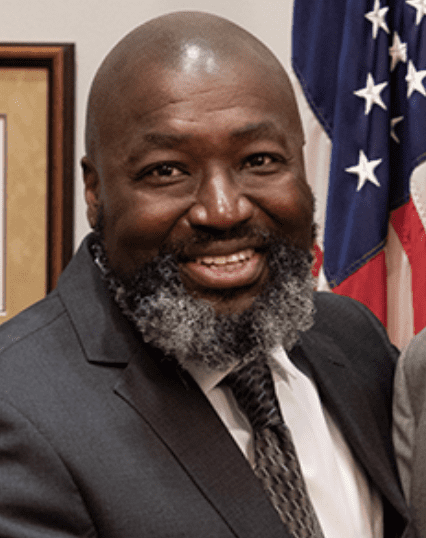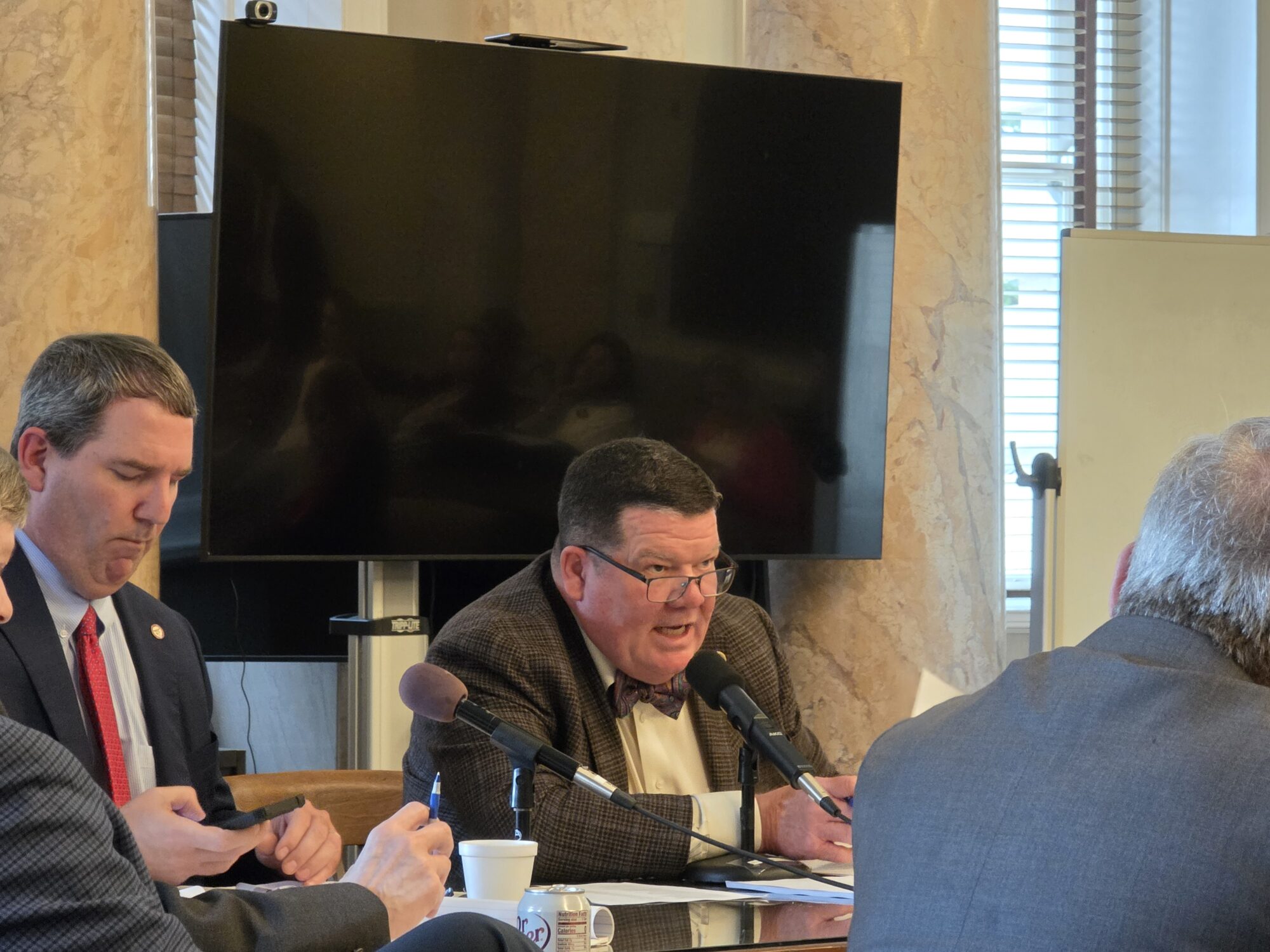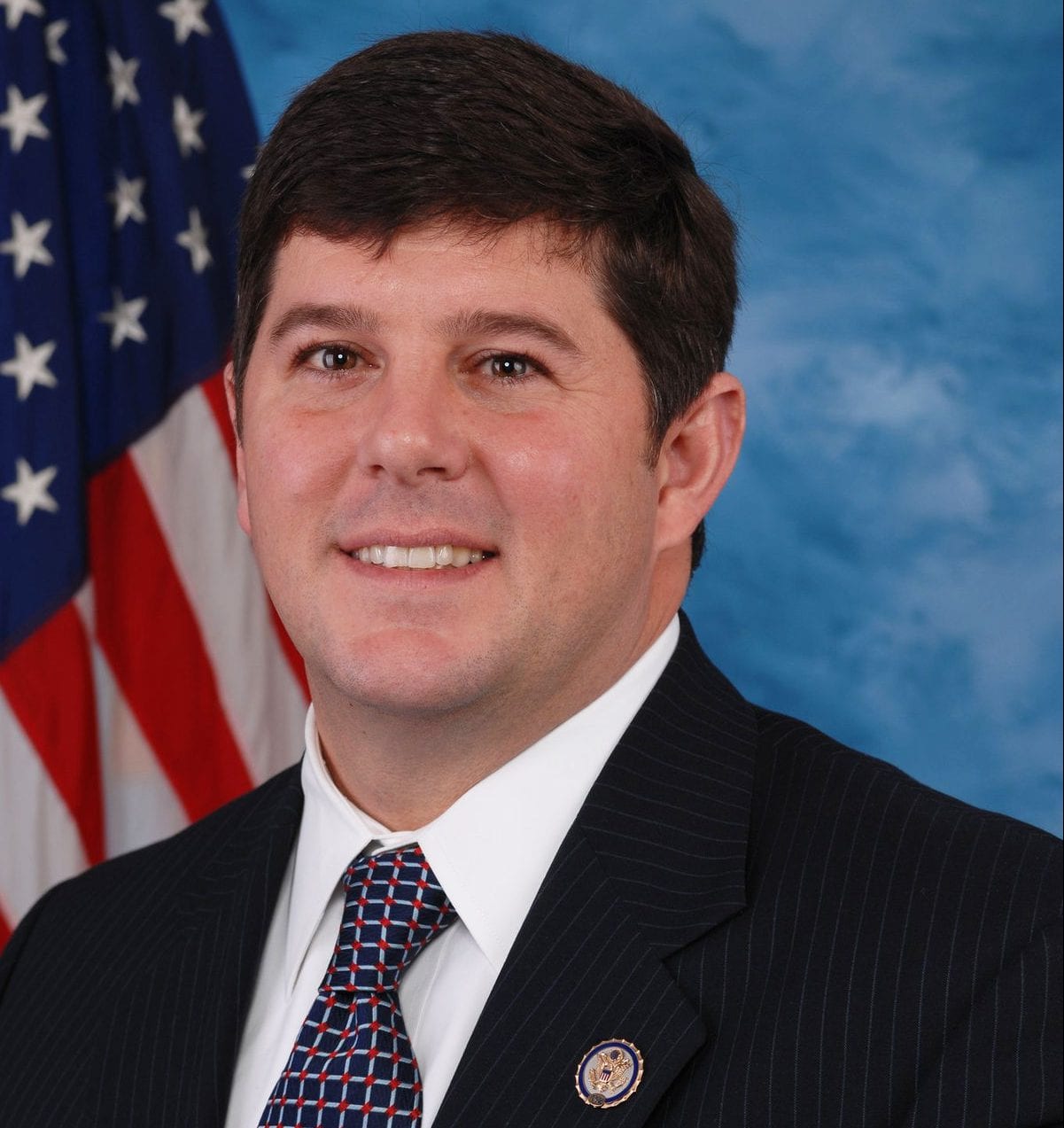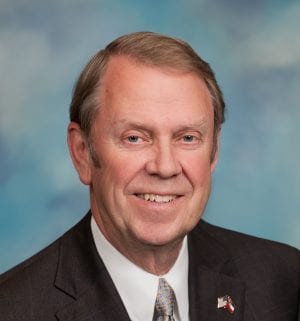
Tuesday evening, Americans for Prosperity of Mississippi allied with Empower Mississippi to host Matthew Charles, the first person released under the “FIRST STEP” Act. This, all amid talk of reform to the criminal justice system.
The “Formerly Incarcerated Reenter Society Transformed Safely Transitioning Every Person Act” was first introduced by Representative Doug Collins (R, GA-9), eventually passed with Senate revisions, and was signed by President Trump in December of 2018.
The act read, “To provide for programs to help reduce the risk that prisoners will recidivate upon release from prison, and for other purposes.” Among many things, it retroactively applies the Fair Sentencing Act, restricts the use of restraints on pregnant women, expands compassionate release for terminally ill patients, places prisoners closer to family (in specific cases), improves feminine hygiene in the prison system, authorizes new markets for Federal Prison Industries, mandates de-escalation training for correctional officers and employees, and allows employees to store their firearms securely at federal prisons.
After dinner, Cade Yates of Americans for Prosperity introduced Charles to the podium.
Charles recalled his youth years in North Carolina, cramped in a small home with an abusive father. After turning 18, Charles joined the Army, but after being discharged he began to deal drugs. When arrested for the possession and selling of 216 grams of crack cocaine and illegally possessing a firearm, he was sentenced to 35 years. During his time in prison, he started going to church and became a Christian. Over the years, Charles has become what many would call a “model citizen.”
In 2013, he applied for a sentence modification because the Sentencing Commission had retroactively lowered guideline ranges for drug offenses. At his resentencing hearing, the judge commended his rehabilitation and reduced his sentence. After being released in 2016, Charles moved to Nashville, Tennessee, got a job, reconnected with his family and friends, and began volunteering at a local food pantry. Sadly, after a year of freedom, the court reversed the decision, citing an error. He was then sent back to prison, waiting, praying, and hoping something would happen. This “something” would come in the form of the FIRST STEP Act. After its signing, Charles became the first person released.
After this, Charles delved into possible legislation that should be looked at, particularly Mississippi’s Habitual Offender Law and its ultimate failure in rehabilitating people.
After speaking, those present at the event were given the opportunity to speak or ask questions. Mississippi State Rep. Brady Williamson (R-HD10) brought up the fact that, “You (Charles) are an exception to the rule because of Christ and you found Christ by the chance of a Bible being left in your cell. That’s what I want to focus on, we’d love to legislate everything to help the situation, but how do we open the doors to the Church?”
Charles answered, “Faith-based programs must be allowed inside the system.”
Forest Thigpen of Americans for Prosperity noted that, of course, criminals should be punished but, “we also have to recognize that there is a limit to how much punishment is necessary before we start to turn the tables on there past and turn them toward a productive future.”
Stone Clanton, Reporter for Y’all Politics









